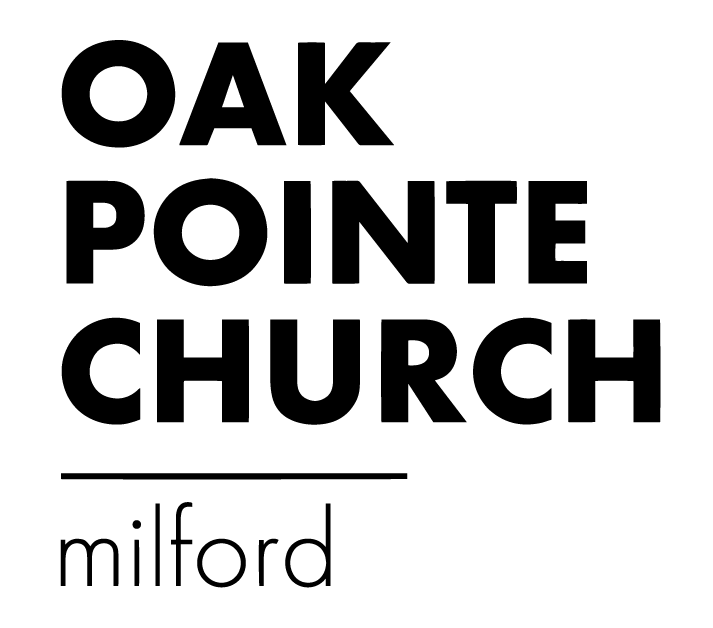
Use this devo as you are able, in whole or in part. Don’t feel compelled to read it all. Simply read and meditate upon whatever catches your attention. The goal is enjoying time with God through His Word and in prayer. Questions about the devotional elements?
Call to Prayer
“I waited patiently for the LORD; he turned to me and heard my cry. He lifted me out of the slimy pit, out of the mud and mire; he set my feet on a rock and gave me a firm place to stand.” (Ps. 40:1-2)
Prayer of Confession
Inviting Father, you have laid down the invitation of a lifetime: to ask you for anything. A long list of things I think I want easily comes to mind, but let my prayers wisely be for what you want—for all that I might never dare ask and couldn’t even dream of wanting but trust is good because it is from you. Amen. (Prayer based on the Heidelberg Catechism, Question 118)
*Prayer borrowed from Philip Reinders’ Seeking God’s Face: Praying with the Bible through the Year
Reading Plan
This reading plan will help you to develop the habit of being in God’s Word each morning and evening. Come to this time with expectation. Expect God to reveal himself to you. Expect that he delights in you being there, even when you’ve wandered away. Growing a spiritual habit is a slow, patient process. So be kind to yourself as you grow!
Readings are hyperlinked. Simply hover over the passage or click Morning/Evening Reading (email version).
Morning Readings:
Pray Psalm 38 | Read Luke 14
- Praying the Psalms: Read slowly. Take note of words and phrases. Bring them before the Lord in prayer and personalize the passage as you pray.
- NT Context: Luke is a most vigorous champion of the outsider. An outsider himself, the only Gentile in an all-Jewish cast of New Testament writers, he shows how Jesus includes those who typically were treated as outsiders by the religious establishment of the day: women, common laborers (sheepherders), the racially different (Samaritans), the poor. He will not countenance religion as a club. As Luke tells the story, all of us who have found ourselves on the outside looking in on life with no hope of gaining entrance (and who of us hasn’t felt it?) now find the doors wide open, found and welcomed by God in Jesus. Meditate on the passage, noting a few words or a phrase that stood out. Take them to God in prayer.
Evening Readings:
Pray Psalm 39 | Read 2 Kings 3
- OT Context: “Sovereignty, God’s sovereignty, is one of the most difficult things for people of faith to live out in everyday routines…This story makes it clear that it was not God’s idea that the Hebrews have a king, but since they insisted, he let them have their way. But God never abdicated his sovereignty to any of the Hebrew kings; the idea was that they would represent his sovereignty, not that he would delegate his sovereignty to them. Reflect on the passage. Who was the original audience, and what was their situation? How is that relevant to you today?
Sermon Devo
This Fall our sermon series is in Jonah. Follow along here as we explore this work of literary genius (it is really multilayered and complex) and theological profundity (we discover much about the nature of God, humans, and redemption in just 4 chapters)
READ: Jonah 2:1-7
Jonah’s prayer is a poetic masterwork. Eugene Peterson notes that not a word of what he prays is his own, and yet, his blend of God’s words (at least 7 different quotations from the psalms) is wholly unique. It’s Jonah’s prayer with God’s words.
Praying God’s Word is one thing, but how do we know whether or not Jonah is transformed by his experience? We receive our first hints in verses 4 and 7 where, as Tim Keller notes,
“Not once but twice in his prayer, Jonah looks not merely toward heaven but “toward your holy temple” (verse 4) and “to the temple of your holiness” (verse 7). Why? Jonah knew that it was over the mercy seat in the temple that God promised to speak to us (Exodus 25:22). The mercy seat was a slab of gold over the top of the Ark of the Covenant, in which resided the tablets of the Ten Commandments. On the Day of Atonement, a priest sprinkled the blood of the atoning sacrifice for the sins of the people on the mercy seat (Leviticus 16:14–15). What a picture!…It is only when the death of another secures our forgiveness that we can speak with God.
Neither Jonah nor any other Israelite at that time understood all that this meant, but a better picture of the gospel of Jesus could hardly be imagined…[and] not until centuries later would it be revealed that atonement could not be effected by the blood of bulls and goats but only by the once-for-all sacrifice of Jesus Christ (Hebrews 10:4–10).”
Evening Prayer of Examen
- Where did you move with or feel close to Jesus today?
- Where did you resist or feel far from Jesus today?
- Where is Jesus leading you tomorrow? Ask for joy as you follow him.
Benediction
“Blessed are the merciful, for they will be shown mercy.” (Matthew 5:7)


